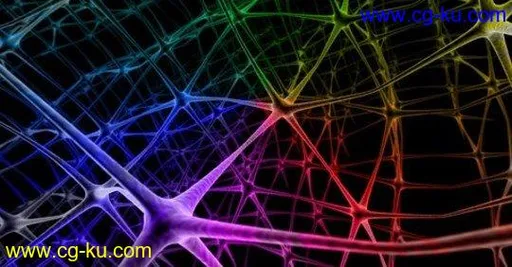Genre: eLearning | MP4 | Video: h264, 1280x720 | Audio: aac, 44100 Hz
Language: English | VTT | Size: 2.72 GB | Duration: 10.5 hours
What you'll learn
Understand convolution and why it's useful for Deep Learning
Understand and explain the architecture of a convolutional neural network (CNN)
Implement a CNN in TensorFlow 2
Apply CNNs to challenging Image Recognition tasks
Apply CNNs to Natural Language Processing (NLP) for Text Classification (e.g. Spam Detection, Sentiment Analysis)
Requirements
Basic math (taking derivatives, matrix arithmetic, probability) is helpful
Python, Numpy, Matplotlib
Description
*** NOW IN TENSORFLOW 2 and PYTHON 3 ***
Learn about one of the most powerful Deep Learning architectures yet!
The Convolutional Neural Network (CNN) has been used to obtain state-of-the-art results in computer vision tasks such as object detection, image segmentation, and generating photo-realistic images of people and things that don't exist in the real world!
This course will teach you the fundamentals of convolution and why it's useful for deep learning and even NLP (natural language processing).
You will learn about modern techniques such as data augmentation and batch normalization, and build modern architectures such as VGG yourself.
This course will teach you:
The basics of machine learning and neurons (just a review to get you warmed up!)
Neural networks for classification and regression (just a review to get you warmed up!)
How to model image data in code
How to model text data for NLP (including preprocessing steps for text)
How to build an CNN using Tensorflow 2
How to use batch normalization and dropout regularization in Tensorflow 2
How to do image classification in Tensorflow 2
How to do data preprocessing for your own custom image dataset
How to use Embeddings in Tensorflow 2 for NLP
How to build a Text Classification CNN for NLP (examples: spam detection, sentiment analysis, parts-of-speech tagging, named entity recognition)
All of the materials required for this course can be downloaded and installed for FREE. We will do most of our work in Numpy, Matplotlib, and Tensorflow. I am always available to answer your questions and help you along your data science journey.
This course focuses on "how to build and understand", not just "how to use". Anyone can learn to use an API in 15 minutes after reading some documentation. It's not about "remembering facts", it's about "seeing for yourself" via experimentation. It will teach you how to visualize what's happening in the model internally. If you want more than just a superficial look at machine learning models, this course is for you.
Suggested Prerequisites:
matrix addition and multiplication
basic probability (conditional and joint distributions)
Python coding: if/else, loops, lists, dicts, sets
Numpy coding: matrix and vector operations, loading a CSV file
WHAT ORDER SHOULD I TAKE YOUR COURSES IN?:
Check out the lecture "What order should I take your courses in?" (available in the Appendix of any of my courses, including the free Numpy course)
Who this course is for:
Students, professionals, and anyone else interested in Deep Learning, Computer Vision, or NLP
Software Engineers and Data Scientists who want to level up their career

发布日期: 2020-08-21